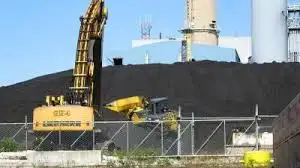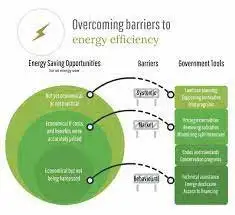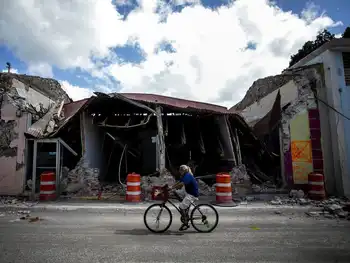People are powerless without power
By North Bay Nugget
Arc Flash Training CSA Z462 - Electrical Safety Essentials
Our customized live online or in‑person group training can be delivered to your staff at your location.

- Live Online
- 6 hours Instructor-led
- Group Training Available
The report in a recent issue of the Nugget on the presence of a small group of Canadian Rangers deserves some serious thought. Canada and its people have changed, and not necessarily for the better.
The population is now predominantly urban. Our young people and their parents are likely computer literate. They can drive cars and handle the appliances that make life comfortable. But most are helpless when the electricity supply fails.
Their furnaces usually rely on electric motors to pump hot air or hot water and thousands shiver until power is restored. A major interruption in the natural gas supply could be a national disaster. Canadians have too often forgotten their roots and just as often do not understand that Canada is a Northern nation with an Arctic to guard as well as the Pacific and Atlantic coasts. Too many take it for granted there is an astonishing abundance of food in supermarkets. They have never seen a cow milked and assume that bacon originates in plastic bags and has nothing to do with raising and killing pigs.
This lack of reality has resulted in the shameful neglect of Canadian agriculture, and political decisions made to please urban voters, whom in Toronto seem to think Barrie is on the edge of Northern Ontario.
In the First World War - somewhat less in the Second - it was the high percentage of lumberjacks, miners and farmers that made Canadian soldiers physically tough and versatile enough to deal with war's harsh realities.
But there are far fewer of these traditional Canadian types enlisting in the Armed Forces, as noted by Maj. Stu McVeety, deputy commanding officer of The Algonquin Regiment during the weekend Exercise Cold Snap. Over the weekend, Canadian Rangers taught reservist wilderness survival skills.
They taught how to catch a fish without bait, how to make a snare to catch animals, how to safely walk across and ice covered lake, and how to survive winter's bitter cold.
They are nearly all from First Nations and teaching the skills their ancestors honed over thousands of years. These skills are vital to every soldier serving in a Canadian winter, or some hostile territory.
About 4,200 of these part-time volunteer soldiers are stationed in some 160 isolated Northern communities. As global warming shrinks the ice it is expected to reveal new mineral riches that other nations covet. Canada's Rangers keep their eyes peeled for unwelcome intruders.
Their service is invaluable. And Canada might be much saner and happier if far more people had some of the First Nations' wilderness skills.











